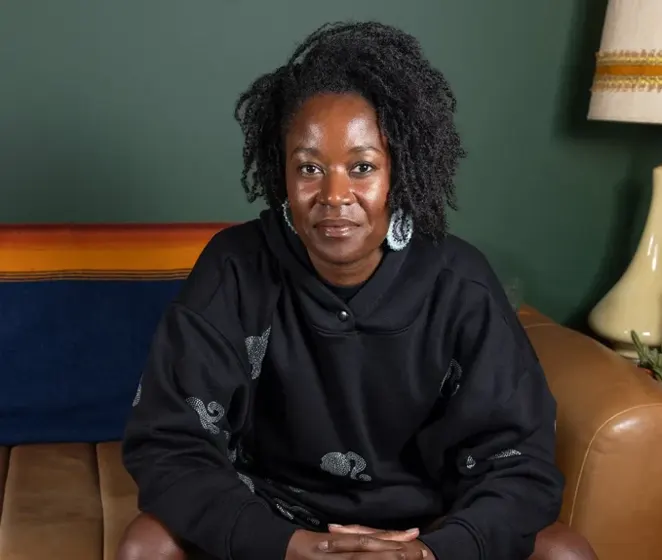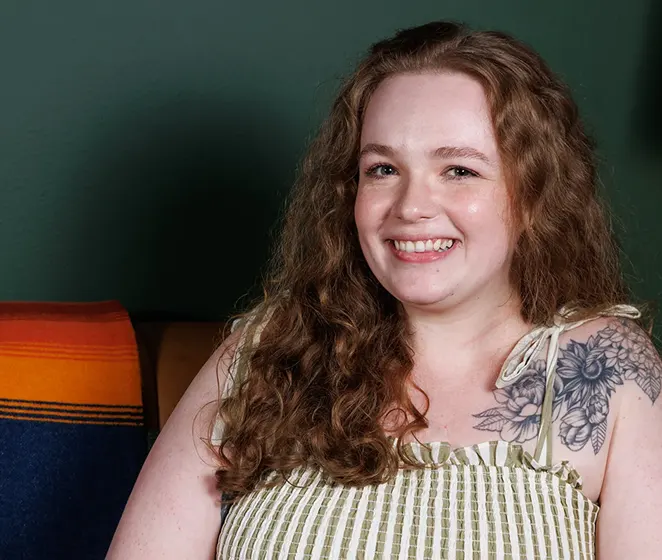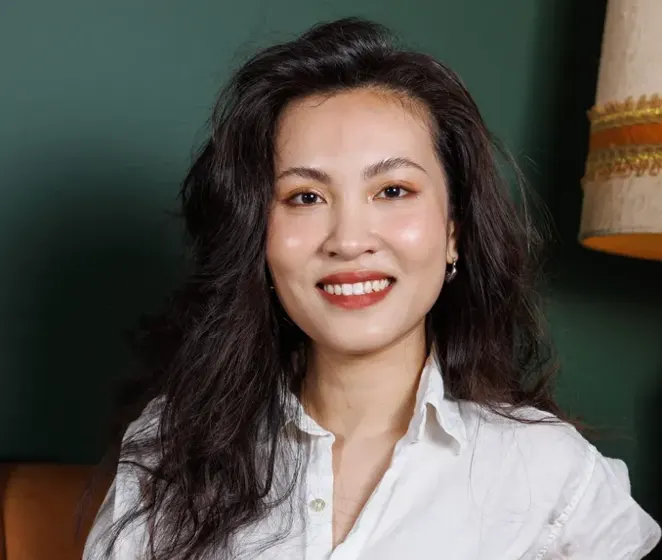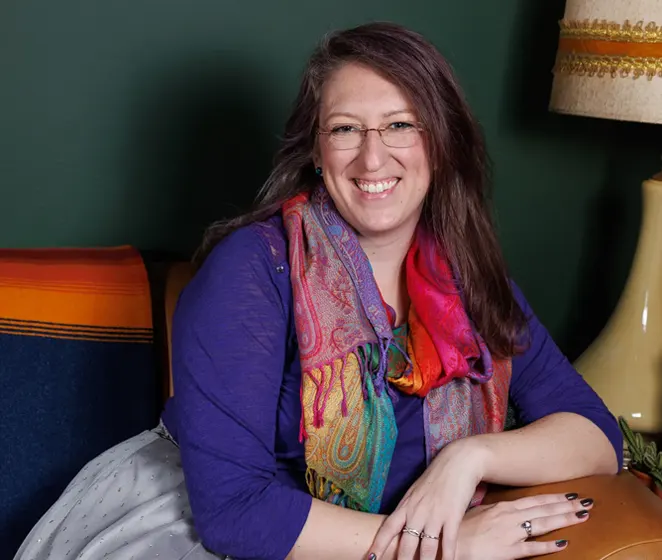By Intentional Spaces Psychotherapy
Sometimes, strength doesn’t feel like power. It feels like pressure. Like obligation. Like invisibility.
If you’ve always been the one who keeps everything running, the one others turn to, the one who can “handle it”, you know this kind of strength. It’s not about confidence or empowerment. It’s about survival. It’s about showing up even when you’re empty, staying composed when you’re crumbling, and keeping your needs tucked away because there simply isn’t time or space for them.
Over time, this kind of strength stops feeling like a choice and starts to feel like a costume you can’t take off. You wear it everywhere, in your family, your friendships, and your work. It becomes the way people recognize you. And even when it no longer fits, it’s hard to let go, because underneath it, you’re not sure who else you’re allowed to be.
When Strength Becomes the Role You Can’t Escape
Maybe you’re the one who held your family together during a difficult childhood, mediating arguments, managing responsibilities, absorbing stress that was never yours to carry. Maybe you’re the friend who drops everything to help others through their crises, even when you’re struggling silently. Or maybe you’re the partner or coworker who keeps the peace, does the emotional labor, and anticipates everyone’s needs, without ever naming your own.
Somewhere along the way, this performance of strength became a survival skill. It became your identity. You were praised for how much you could carry, admired for your calm under pressure, and depended on to be steady even in chaos. Eventually, it stopped feeling like strength and started feeling like a silent, unchosen contract: I will be strong for everyone, always, no matter what it costs me.
People stopped asking how you were doing. They assumed you were fine because you always looked fine. They leaned on you more and more, while you became increasingly disconnected from your inner world. Being “the strong one” became the role you played in every room, and stepping out of it began to feel impossible.
The Emotional Labor of Being Unshakable
Strength can be beautiful, but when it’s rooted in emotional suppression, it becomes isolating. For many femme people, especially those raised in environments that discouraged vulnerability or prioritized others’ comfort over their own truth, strength wasn’t a choice; it was the only option. It was how you stayed safe. How were you accepted? How were you loved?
You might have learned early on that being emotional made you a problem. That asking for help made you needy. That having needs at all made you inconvenient. So you trained yourself to anticipate others’ needs before your own, to stay calm no matter what, to suppress any softness that might be judged or dismissed.
This kind of emotional labor is invisible, but it is relentless. You carry the weight of holding everything together, even when no one sees it. While people may admire your composure or applaud your reliability, they rarely understand the cost of always being the one who never falls apart.
What “Always Strong” Really Costs
Even if you seem outwardly composed, there’s often a quiet unraveling happening underneath. You may feel emotionally distant from your own inner experience, so practiced at pushing your feelings down that you can’t easily locate them anymore. You might carry resentment toward the people who rely on you so heavily, but then feel guilty for feeling that way at all.
You may move through the world in a kind of high-functioning autopilot: efficient, responsive, competent, but with a growing sense of emptiness. Burnout can look like irritability, disconnection, fatigue that no amount of sleep can touch. You might feel like you’re doing everything “right,” and yet something vital inside you feels dimmed, or even missing.
Perhaps the hardest part is that your exhaustion is invisible to others. Because you’re so good at appearing okay, no one thinks to check in. You’ve spent so long minimizing your needs that you’ve started believing they’re not worth expressing.
Why Releasing the Role Feels So Dangerous
Letting go of this role can feel like tearing down the walls of the only home you’ve ever known. The “strong one” identity may not be comfortable, but it’s familiar, and it has likely protected you. It’s given you a sense of worth, control, and even pride. Without it, you may feel exposed or unrecognizable.
The fear of losing connection is real. You might wonder: If I stop showing up for everyone else, will they still love me? If I admit I’m struggling, will they reject me? If I stop performing, will there be anyone left to catch me?
These questions often come from lived experience, moments when softness was met with criticism, when vulnerability was punished, or when asking for help was met with silence. Staying strong became a way to survive those disappointments, to avoid further harm. And now, even in safer spaces, the idea of unraveling feels deeply unsafe.
The Longing Behind the Strength
Despite how long you’ve held this role, there is likely a quiet longing underneath, a wish to be known not just for what you do, but for who you are. A wish to be held, rather than always doing the holding. A wish to exhale.
Even if you’ve forgotten how to name your needs, they haven’t disappeared. They are still there, subtle, buried, persistent. They show up in the heaviness in your chest at the end of a long day, in the way your body aches for rest, in the way tears press behind your eyes at unexpected moments.
You may have convinced yourself that you’re fine without support. That conviction often masks a deep yearning: to be witnessed without being needed, to be loved without being useful, to be embraced in your full humanity, messy, feeling, complex, real.
You Are Allowed to Be Whole
You don’t have to earn rest. You don’t have to justify your pain. You don’t have to shrink your truth to fit into other people’s comfort zones.
You are allowed to:
- Be tired, without apologizing
- Say no, without overexplaining
- Ask for help, even when you’re not sure how
This is not a weakness. This is reclamation. You are reclaiming the parts of yourself that have been buried under years of responsibility, perfectionism, and emotional labor. You are stepping into a version of yourself that doesn’t rely on over-functioning to feel worthy.
You don’t have to do that alone.
Therapy Can Be the First Place You Don’t Have to Be Strong
Therapy is one of the few spaces where you don’t have to perform. You don’t have to have it all together. You don’t have to protect anyone else’s feelings. You just get to be. That can feel terrifying at first, but also deeply relieving.
In therapy, you’re allowed to fall apart a little. You’re allowed to explore where this role began and what it has cost you. You’re allowed to grieve the parts of your identity that were built on survival, not choice. Perhaps most importantly, you’re allowed to imagine what life could feel like if softness and strength weren’t opposites.
Therapy becomes a space to experiment with new ways of relating to others and yourself. A place to practice setting boundaries, naming needs, tolerating rest, and staying with uncomfortable feelings instead of numbing them.
It’s not about fixing you. It’s about unburdening you.

When You're Ready to Step Out of the Role
It’s okay if you’re not ready yet. It’s okay if just reading this makes you feel anxious. The idea of changing how you show up in the world is big. But so is the life that’s waiting for you when you begin to lay the burden down.
At Intentional Spaces Psychotherapy, we support women who are learning to loosen the grip of roles that no longer serve them. You don’t have to go from strong to vulnerable overnight. You can go slowly. You can go gently. You can go at your own time.















